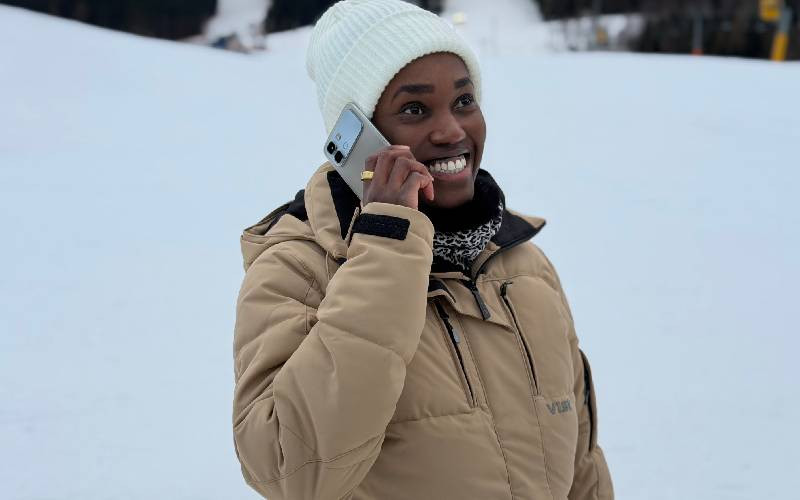×
The Standard e-Paper
Smart Minds Choose Us
By Phitalis Were Masakhwe
States Parties recognise that women and girls with disabilities are subject to multiple discrimination, and in this regard shall take measures to ensure the full and equal enjoyment by them of all human rights and fundamental freedoms — Article 6 of the UN treaty on disability rights (2006)







